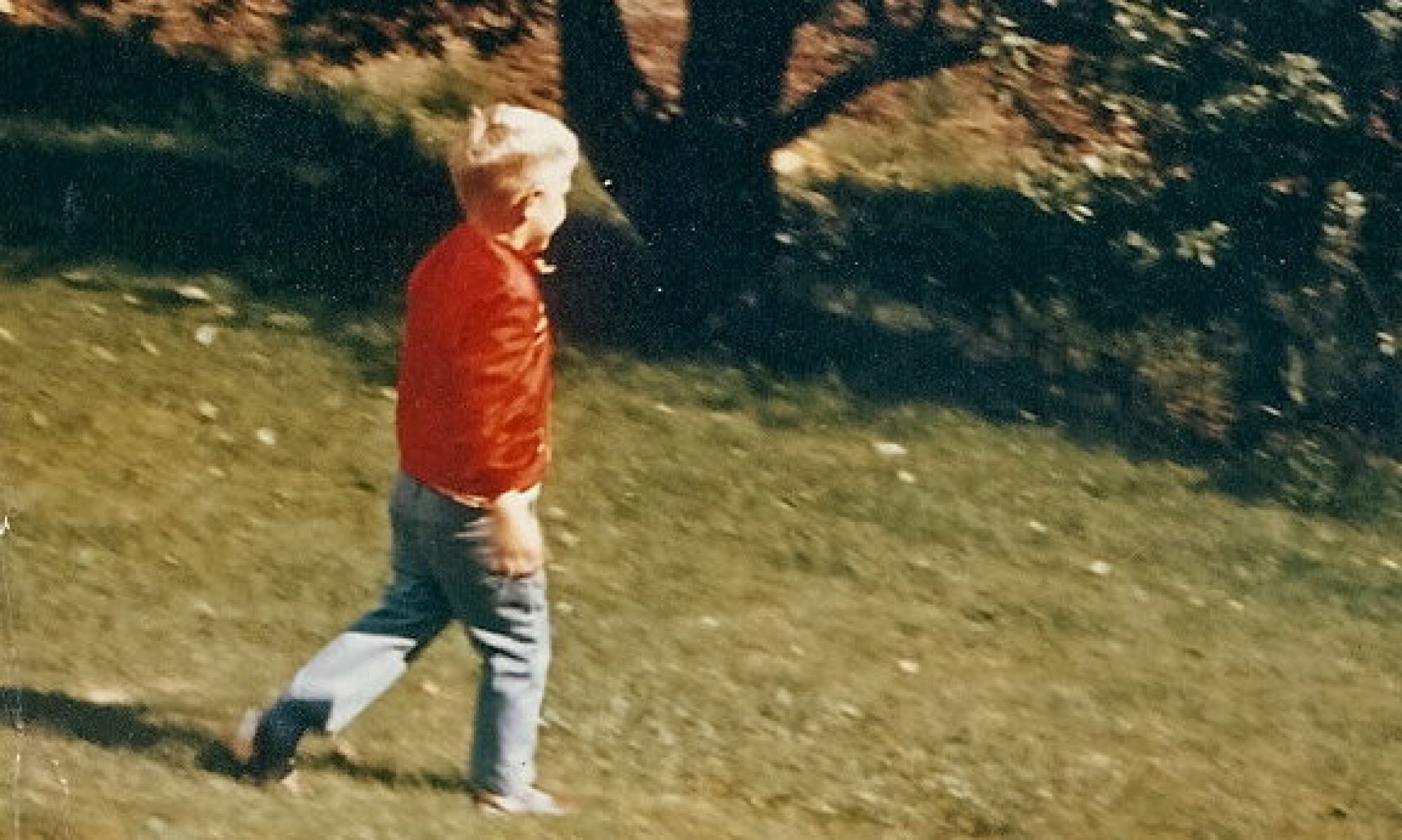I didn’t come up with those title words—they are actually lyrics from an obscure musical version of The Goodbye Girl, written by Neil Simon, David Zippel and Marvin Hamlisch. And now you have another bit of useless information for your next Trivial Pursuit jamboree.
I have to admit, I find myself asking myself those questions as I try to catalog some of these gap-filling stories. I don’t know if there’s a better way of filtering out the things that I’m remembering from the things I’m writing about. But I’m starting to wonder if there is any worthwhile merit to censoring myself.
Up until now (and by that, I mean up until being given this incredible gift of time) I had developed what I’ve come to recognize as a bad habit. I would make sure the entire story was worked out in my head before I’d even start to write it. I think I was censoring myself into some twisted sense of completion. There’s probably something to be said for that. I mean, why start to write a story when you don’t know how it’s going to end up? Then again, up until now, it has stopped me from writing altogether.
Up until now.
Throwing open the endings of these pieces is a challenge. It flaunts my first rule of the road … DON’T BE BORING. I keep hearing my father in the back of my head. He used to imitate Archie Bunker whenever he was starting to become bored by people. He’d say, “Get to the pirnt, Edith! Get to the pirnt!” With a perfect Sunnyside, Queens, New York accent. Just like Carroll O’Connor. (A favorite son of the University of Montana, by the way … Go Griz! … even more trivia.)
My challenge, (and I truly see it as a challenge, not a problem), is that as I’m banging away, writing about the experiences I had student teaching, or driving my dad to his radiation treatments, or stealing a job from a friend (it’s true, my first job as a dishwasher I completely swiped out from under one of my friends) I keep wondering if these scenes are important enough to include. And I think why am I writing about this?
Why this? Why me? Why now?
I only think about that for a second, though. Because if there’s one thing I’ve learned, it’s to stop judging the merits of the story and just tell the damn thing.
I’ll worry about the rest tomorrow. It’s the Scarlett O’Hara school of memoir.
